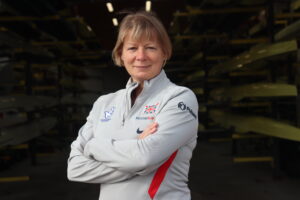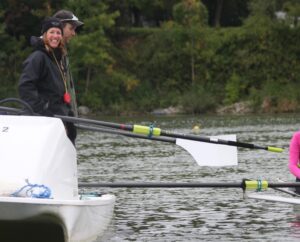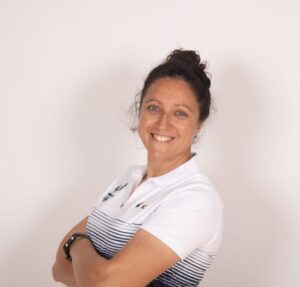
08 Mar 2023
The women leading the way in high-performance rowing
Women are still in a minority in leadership roles in rowing; their numbers are growing, but getting to the top as a female coach or similar role remains unusual.
For International Women’s Day 2023, we spoke to three women about the challenges they have faced in building a career in high-performance rowing, and how to get more women to follow in their wake.
 Louise Kingsley, director of performance, British Rowing
Louise Kingsley, director of performance, British Rowing
Louise Kingsley became British Rowing’s director of performance in December 2021, having previously worked her way up through the coaching ranks. She is the first woman in the role, but points to predecessors such as former British Rowing chief coach Penny Chuter, chairman Di Ellis, or Rosie Mayglothling, who was technical coordinator and then director of pathway development, as having helped pave the way.
“I don’t believe that I’ve encountered significant bias or blockers that have stopped me progressing my career,” Kingsley says. “I think opportunities are there for women, but, both internationally and domestically there are still not large numbers of females involved in the sport.
“We need to make the sport a more compelling career opportunity. Our approach needs to continue to develop female athletes, coaches and support staff throughout the whole of rowing. We have to be more proactive in providing opportunities and encouraging people to take those opportunities to progress at a high level,” Kingsley adds.
“We employ some high-quality female coaches and I’d love to have the magic answer as to how we find the most creative ways to enable more talented female coaches to come through our programmes.
“We need to work towards greater diversity within our coaching group full stop. We will be a healthier, more fit for the future sport by embracing greater diversity and welcoming a broader range of athletes, coaches and volunteers, to open the doors and say rowing could be a sport for you regardless of where you live or what your background is,” she says.
 Michelle Darvill, national team coach, Dutch Rowing
Michelle Darvill, national team coach, Dutch Rowing
2021 World Rowing Coach of the Year Michelle Darvill took Canada’s women’s eight to gold at the Tokyo 2020 Olympic Games, and is now a national team coach in the Netherlands. Darvill, a former member of the Canadian and then German teams as a rower, is passionate about encouraging current athletes to think about a career in coaching.
“During both my athletic and coaching careers, female coaches were noticeably absent. There were only a handful working in the high-performance realm. I was very fortunate to have exposure to a few and work with one directly,” Darvill says.
“The Coaching Association of Canada has offered a number of great initiatives, including networking, such as workshops and seminars to support women coaches. World Rowing is also now hosting a programme specifically geared to developing female coaches and promotes online and in person networking opportunities. These have been valuable experiences for me and I believe are the key to increasing female representation in coaching and other senior roles in high-performance sport.
“Many women coaches also deal with the challenges of raising families while juggling long irregular hours associated with our sport. Organisations supporting coaches with young families could look for creative solutions to enable more flexibility and ensure job stability. By providing more opportunities, resources and encouraging female coaches to apply for positions in high performance it’s more likely to increase numbers.”
Darvill says opening the door early to women is vital, especially while they are still rowing.
“Can we find opportunities while they’re still an athlete? It helps them to become better athletes, it’s a win-win situation,” she adds.
Darvill suggests would-be coaches can benefit from mentoring projects. “Immerse yourself in the environment and even consider volunteering services to gain valuable experience and expertise,” she concludes.
 Camille Ribes, national technical adviser, France Aviron
Camille Ribes, national technical adviser, France Aviron
Camille Ribes is one of the coaching team for France’s Olympic squad, hoping for success at the Paris 2024 Olympic Games. She has moved up from coaching juniors at the regional level to a key member of the team coaching the French women’s programme.
“Christine Gossé, who is an iconic rower and now an iconic coach for the French team, one day she called me and said to me ‘Camille, I want you to come to Paris and join the French training centre with me, to coach the French women’s squad’,” Ribes explains.
“We are totally different; if we have one thing in common it’s that we are both female coaches. If you did the same interview with Christine she would say completely different things. However, it was she who held out her hand, who opened the door to me.
“There’s an undeniable reality which I struggle with, and that’s the rhythm of daily life. If you’re really talking about coaching at this level it’s a life choice. It’s not just a job. You can’t stick to fixed hours, not answer the phone when you’re at home, turn off the computer when you’re at home, or at the weekend,” Ribes continues.
“The reality of preparing for the Olympics is that it’s every day. Athletes train every day, and they don’t always need us. Sometimes they need us, sometimes they don’t.
“You tend to get favourable training conditions in the morning, so you can’t say ‘oh, I’ll take my kids to school and arrive at 9am’. It’s not possible. I don’t think there’s a miracle solution. I do think that if I had children I wouldn’t be able to do this job. I couldn’t lead the project in the same way – with the way we operate today in France, I wouldn’t have been able to do it,” Ribes says.
“Every team should represent every profile and every need. If there’s one single athlete on the Olympic team who would more easily work with a female staff member that’s enough to show that it’s important to also have women on the team,” Ribes stresses.
“Simply identifying the fact that there are women doing this job and who enjoy this job shows that it’s possible. It shows that there are female coaches, and if there are female coaches it’s because they enjoy it and have the necessary level of competence to do so. Those who follow behind, who are still young or who haven’t yet reached this level, will say ‘it’s possible, why not me?’”

